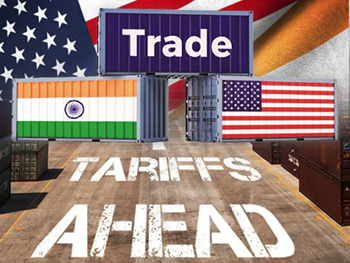
Lenders are considering a set of measures to ease the financial burden on micro, small, and medium enterprises (MSMEs) impacted by higher tariffs and declining export orders. The proposals include waiving administrative and processing fees, extending loan tenures, and reducing forex costs. Collateral requirements may also be relaxed to improve access to credit.
The Commerce and Industry Ministry is pushing for tailor made schemes under the proposed Export Promotion Mission. Plans include diverting goods to new markets, promoting domestic demand, and building homegrown brands to withstand tariff pressures. Industry representatives have requested that penal interest be charged only after loans turn non-performing, alongside risk-proportionate collateral for foreign currency loans.
A significant barrier has been banks' reluctance to accept textile machinery as collateral, restricting manufacturers' ability to secure loans. Discussions are underway on launching sector-specific credit lines with eased collateral rules and enabling low-cost export factoring.
Export factoring allows banks or specialized financial firms to purchase exporters' short term foreign receivables at a discount, offering immediate liquidity. Under the existing framework, this mechanism could help MSMEs manage cash flow disruptions caused by falling orders.
The proposed relief package, still under review, aims to support exporters in finding alternative markets and sustaining operations despite global trade headwinds. According to officials, these interventions are designed to protect employment, ensure continuity of business, and strengthen India's export competitiveness in a challenging global environment.